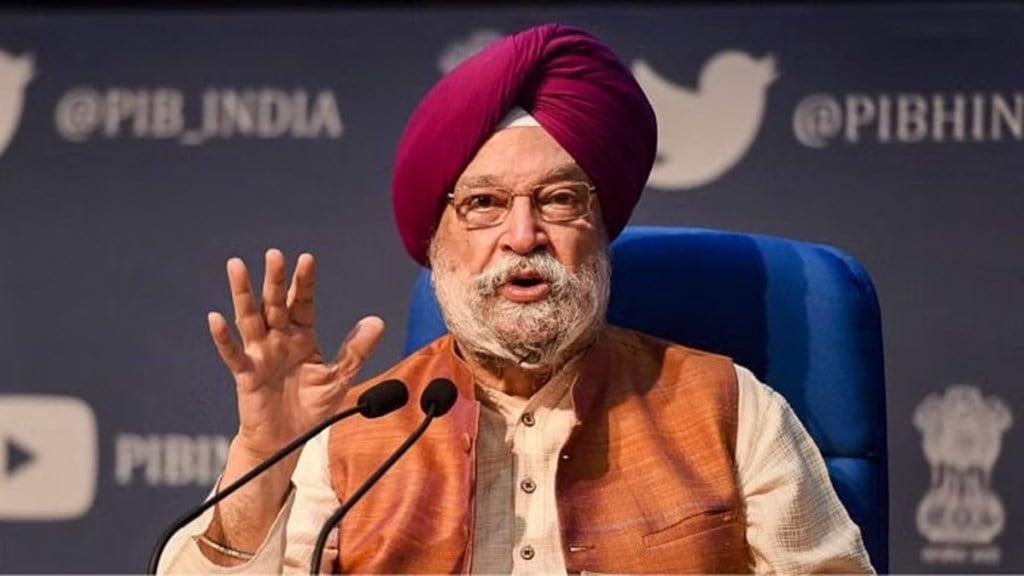India issued a sharp rebuttal on Thursday after US President Donald Trump and NATO chief Mark Rutte broached the possibility of secondary sanctions on purchase of Russian oil. The Ministry of External Affairs said that securing energy needs was an “overriding priority” for the country — guided by available offers and the “prevailing global circumstances”. Meanwhile Union Minister Hardeep Singh Puri insisted he was “not worried at all” and assured that India would secure alternative alternatives if necessary.
“We have seen reports on the subject and are closely following the developments. Let me reiterate that securing the energy needs of our people is understandably an overriding priority for us. In this endeavour, we are guided by what is available in the markets and also by prevailing global circumstances. We would particularly caution against any double standards on the matter,” said MEA spokesperson Randhir Jaiswal.
Trump had broached the possibility of tariffs against Russia earlier this week — issuing a fresh ultimatum as he sought an end to the Ukraine war within 50 days. He vowed to impose 100% tariffs against Moscow as well as secondary sanctions for countries that purchased oil from Russia if a deal was not struck by September. NATO Secretary General Mark Rutte also urged India to “make the phone call to Vladimir Putin” on Wednesday and warned that such levies would “hit very hard”.
India’s oil imports from Russia rose marginally in the first half of this year, with private refiners Reliance Industries Ltd and Nayara Energy making about half of the overall purchases from Moscow. Moscow continues to be the top supplier to India — accounting for about 35% of its overall supplies — followed by Iraq, Saudi Arabia, and United Arab Emirates.
‘India can secure oil even if Russian imports sanctioned’
Union Minister Hardeep Singh Puri insisted on Thursday that India could meet its oil requirements through ‘alternative sources’ if Russian supplies were hit by secondary sanctions. He noted there are many new suppliers coming onto the market such as Guyana and supply from existing producers such as Brazil and Canada. India has also been increasing exploration and production activities.
“I’m not worried at all. If something happens, we’ll deal with it. India has diversified the sources of supply and we have gone, I think, from about 27 countries that we used to buy from to about 40 countries now,” Reuters quoted Puri as saying during an event.
